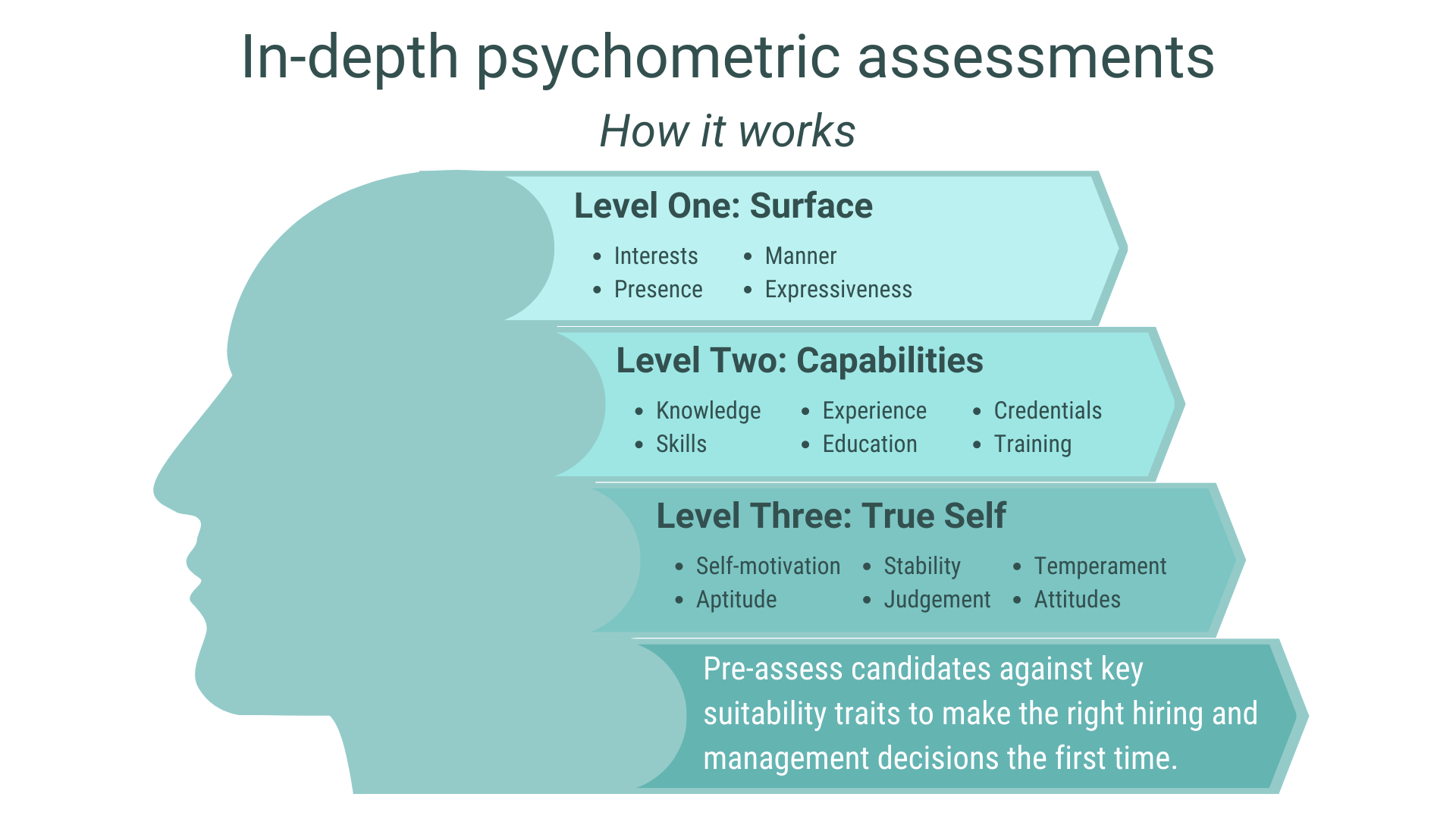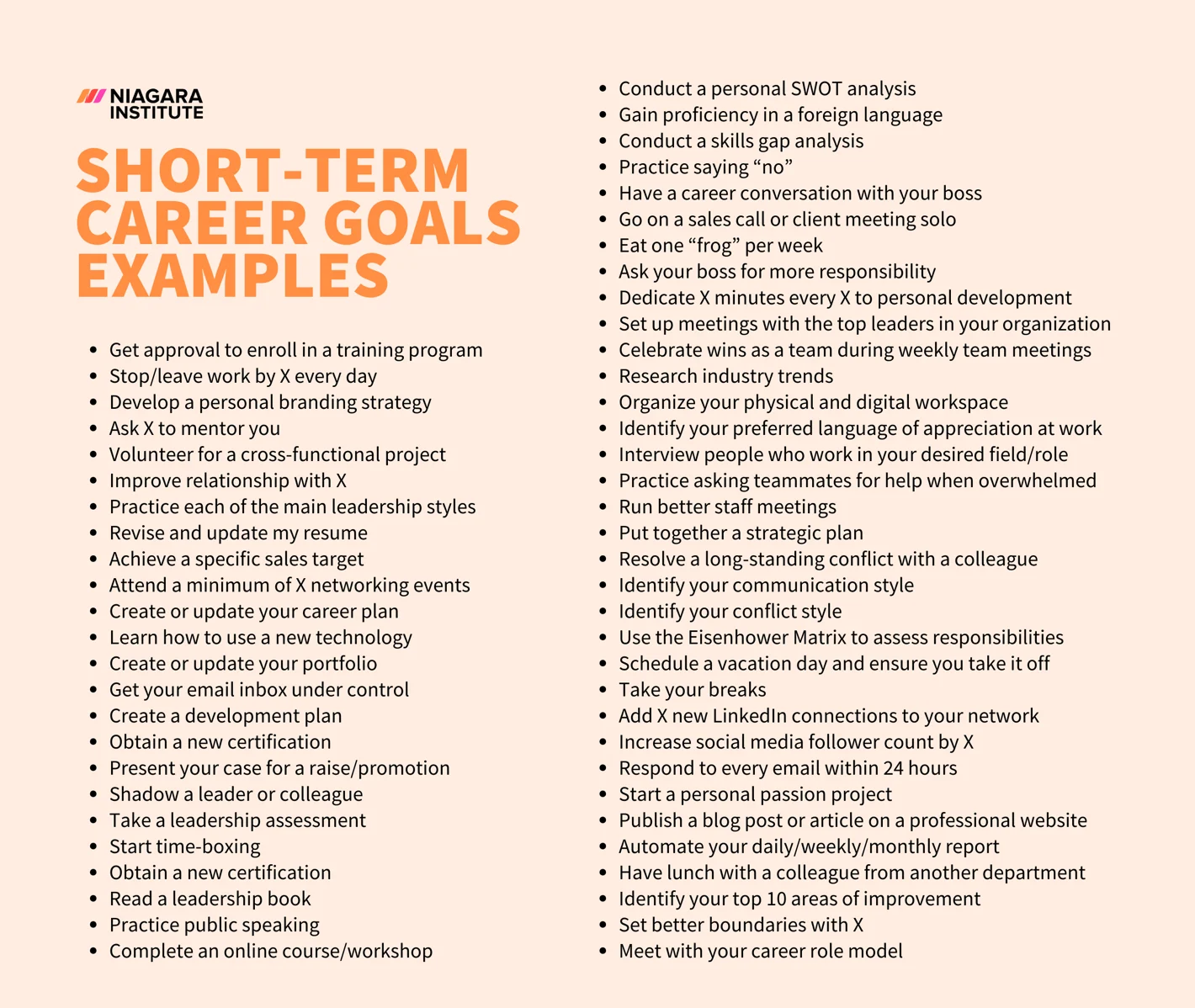As a child, your career aspirations may have been limited to a few well-known options. However, the world of work has expanded exponentially, with new and exciting professions emerging all the time. With so many choices available, how do you find the career path that aligns perfectly with your future aspirations?
Career planning is important for identifying occupations that align with your unique qualities and interests.
If you are looking for help in choosing the perfect career, this guide is designed to help you maximize the benefits of your career planning journey.
1. Do A Self-Examination
Reflect on your interests and values to understand how you envision spending your professional hours. While pursuing a passion isn’t the sole focus, as it can be elusive and undefined, it’s natural to look for inspiration and enthusiasm in your work. Self-examination holds immense importance in shaping your teenage career.
Engage in introspection by answering these questions about your traits, values, and interests:
Interest-Driven Questions:
- What topics ignite your curiosity and motivate you to learn?
- What activities bring you genuine joy and fulfillment?
- Do you gravitate towards hands-on work or intellectual activities?
- Do you prefer the serenity of indoor environments or the dynamism of outdoor settings?
Value-Based Questions:
- What principles and ideals guide your life?
- What elements bring meaning and purpose to your existence?
- Where do you seek fulfillment and satisfaction?
- What kind of positive impact do you aspire to make on the world?
Trait-Based Questions:
- How do you define success and personal achievement?
- What qualities do you wish to cultivate?
- Which of your skills do you find most enjoyable to apply?
- What innate talents do you hold in high regard?
2. Determine Your Interests And Skills
Create a comprehensive list of your general and specialized skills, followed by instances where you have applied them. A candid assessment of your abilities, values, and areas of interest will prove invaluable in narrowing down your career options in the next stage.
When creating your career path, look at your current position, your desired destination, and the strategies that will bridge the gap between the two. Begin by asking these thought-provoking questions to yourself:
- What skills do I possess?
- What are my core values, interests, and driving forces?
- What aspects of my educational journey ignited my passion?
- What lifestyle do I aspire to lead?
- What do I seek to gain from my professional life?
- What matters most to me largely in life?
Psychometric assessments are beneficial if you are struggling to identify your talents, limitations, and personality traits.

Source: Larsen Globalization
3. Compile A Master List Of Potential Career Paths
At this point, you have a collection of career options from various self-assessment tools. To maintain clarity and organization, consolidate these lists into a single comprehensive master list.
Begin by identifying careers that appear on multiple lists and transfer them to a blank page. Title this page “Occupations to Explore.”
Next, scan your individual lists and identify professions that pique your interest.
4. Explore Potential Careers
Now comes the exciting part of selecting career possibilities that align with your interests and aspirations. The key lies in narrowing down your options to identify the path that truly aligns with you.
Think about the industry in which you envision yourself working. Look into the local, national, and international job markets to find emerging trends in potential career trajectories. This exploration will help you determine the job categories that are experiencing growth or decline.
5. Delve Into Your Motivational Drivers
Create a list of your personal characteristics and reflect on the reasons that drive your desire to work. Are you looking for a career that offers a higher starting salary compared to similar entry-level positions? Or perhaps you prioritize the flexibility of working remotely to maintain a healthy work-life balance. Understanding your core priorities is paramount, as it’s unlikely that any single career path will fulfill all your aspirations.
Here is a broad list of factors to reflect on. Assign the order of importance to them:
- Salary
- Benefits
- Autonomy
- Work-Life Harmony
- Flexibility
- Career Advancement
6. Make A Choice
Now that you have a comprehensive understanding of your strengths, interests, and career options, you are ready for the decision-making process.
Scrutinize your list of potential career choices and identify the position that aligns most deeply with your aspirations. Select one or two backup options as contingencies in case your top preference proves unattainable.
To guide your decision-making process, answer these thought-provoking questions:
- Will I find daily fulfillment and enjoyment in this work?
- Does this career align with my criteria and priorities?
- Do I have the necessary skills and qualifications to succeed in this field?
- Do the company’s values align with my personal principles and ethical compass?
- Are there any location, financial, or skill-related constraints that warrant further exploration?
- Is the compensation package for the position correct with my qualifications and the market standards?
It’s highly likely that you will excel in multiple career paths. Career transitions have become common today, and the ability to adapt and acquire new skills is absolutely essential for long-term career growth.
7. Determine Your Goals
Having made a career choice, it’s time to define your long-term and short-term goals. By setting out clear objectives, you will be able to map out a strategic path towards securing employment in your chosen field. Achieving long-term goals typically requires a commitment of three to five years, while short-term goals can be accomplished within a timeframe of six months to three years.
Use the information you have gathered about necessary education and training as your roadmap. If there are any gaps in your knowledge, do additional research to fill those gaps. Once you have gathered the necessary information, set your goals in place.

Source: Niagara Institute
8. Consider Your Long-Term Goals
Take a moment to envision your ideal life. To get a clearer understanding of what it will take to achieve your dreams, create a comprehensive list of your long-term goals, including both personal and professional aspirations.
By creating this list, you will approach your job search with greater precision and focus. For example, if you envision yourself working in the same industry a decade from now, research which sectors are projected to experience significant growth during that period and identify those you may want to avoid due to An and automation trends.
9. Ensure Your Objectives Are Realistic
Your carefully crafted career plan should serve as a roadmap, outlining the steps you will take to achieve your aspirations, the timeline for each step, and your short-term, medium-term, and long-term objectives. Regularly review your progress, especially upon accomplishing each short-term goal, to ensure you are staying on track.
To prepare for unforeseen circumstances and potential roadblocks, create a backup career development plan. Create multiple pathways to reach your long-term goals, considering how you will overcome obstacles such as training requirements along the way.
Your first short-term objective could be to refine your CV and cover letter to make them more compelling. Other short-term or medium-term goals might include attending career fairs, participating in internships, or getting volunteer experience.
10. Explore Industries
Expanding your research beyond specific sectors, delve into diverse industries to find potential matches for your aspirations. Identify well-established industries that align with your interests and conduct thorough research. Create a list of industries that pique your curiosity and explore more about these industries to learn about the key job roles, potential career trajectories, and anticipated growth trends.

Source: Zippia
11. Make A “Short List”
Now is the time to narrow down your list even further. Based on your research findings, systematically eliminate professions that no longer align with your aspirations. Aim to finalize a “short list” of two to five career options that represent the most promising paths for your future.
As you refine your list, look at the following criteria for elimination:
- Lack of Interest: If the responsibilities associated with a particular career fail to ignite your enthusiasm, remove it from your list.
- Unfavorable Employment Prospects: Exclude professions facing poor employment prospects or those with limited growth potential.
- Inability to Meet Requirements: Eliminate careers that require educational or other qualifications you cannot or will not pursue. This also includes professions that demand soft skills you lack or are unable to develop.
12. Engage In Informative Conversations With Professionals
Once you have narrowed down your list to a few potential career paths, start insightful conversations with professionals in those fields. Reach out to the individuals who have firsthand experience in the professions that pique your interest. Their perspectives will provide invaluable insights into the day-to-day realities, challenges, and rewards of those career paths.
13. Make A Plan For Your Career
Create a comprehensive career action plan, a written roadmap that outlines the steps you need to take to achieve your career aspirations. Envision this plan as a journey from point A to B, then to C and D. Clearly articulate the steps you need to accomplish your short-term and long-term goals. Identify any potential obstacles that may arise along the way and devise strategies for overcoming them.
Conclusion
By following the steps outlined in this article and taking guidance when needed, you will be well-equipped to easily go through the career exploration process and make informed decisions about your future path. You will never need to Google “How do I choose a career path” again!











Leave feedback about this